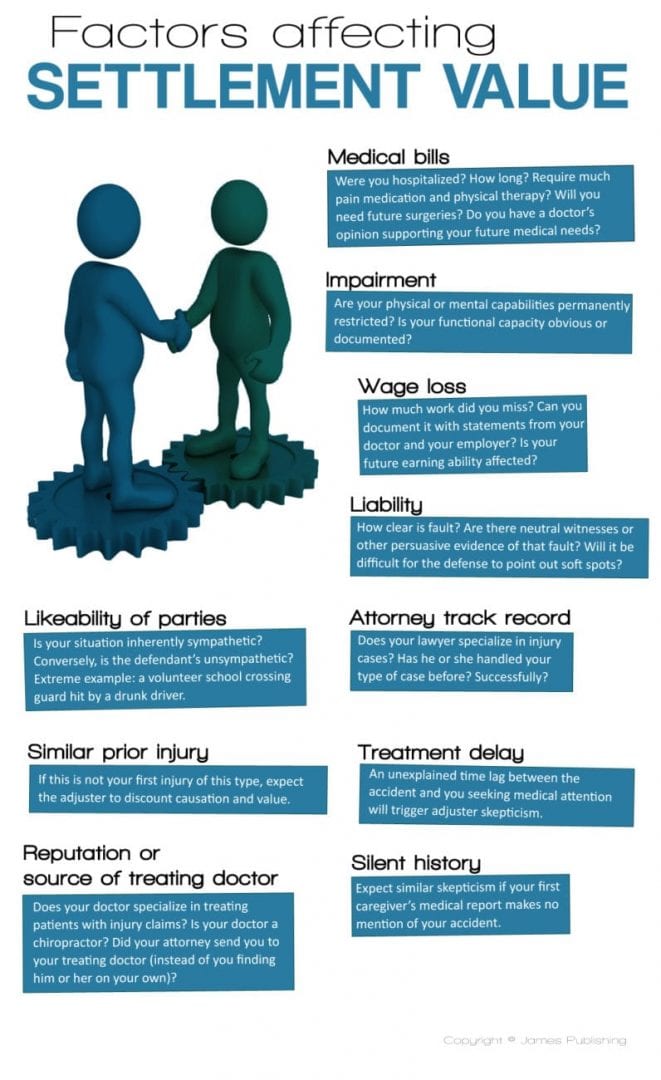Learn How To Browse Landlord-Tenant Disagreements Properly, Yet Beware Of The Hidden Intricacies That Might Affect Your Legal Rights
Learn How To Browse Landlord-Tenant Disagreements Properly, Yet Beware Of The Hidden Intricacies That Might Affect Your Legal Rights
Blog Article
Author-Wilkins Mosegaard
When it pertains to landlord-tenant legislation, knowing your legal rights and responsibilities is vital for both parties. You could think you have a strong grasp on the essentials, yet there are usually nuances that can capture you off-guard. Whether you're a property owner taking care of a home or an occupant looking for a secure home, understanding the lawful landscape can make all the difference. What could shock you are the intricacies associated with browsing disagreements and eviction processes.
Recognizing Lessee Rights and Responsibilities
When you lease a property, it's important to understand your civil liberties and responsibilities as a lessee. You have the right to a secure and habitable living setting, meaning your property owner must preserve vital services like heating, pipes, and electrical energy.
You're also entitled to privacy; property managers generally require to give notification prior to entering your unit.
On the flip side, you are in charge of paying rent promptly, keeping the residential property clean, and not creating damage beyond normal wear and tear.
Familiarize yourself with your lease agreement, as it details certain regulations and obligations. Knowing these facets not only protects you yet likewise promotes a positive connection with your property owner.
Keep informed, and you'll browse your occupancy more effectively.
Trick Property Owner Commitments and Legal Factors To Consider
While you might understand your rights as a renter, it's just as essential to understand your property owner's responsibilities.
Landlords need to supply a risk-free and habitable living setting, guaranteeing that essential systems like heating, pipes, and electrical power are in functioning order. They're additionally responsible for making necessary fixings without delay and adhering to neighborhood building codes.
In addition, property owners need to value your privacy by offering proper notification prior to entering your system, typically 24 hr. can a commercial building be used as a residence ought to deal with down payment according to state laws, consisting of returning them immediately after you move out, minus any authorized reductions.
Recognizing these responsibilities can help you preserve a favorable connection with your property manager and ensure your living scenario fulfills lawful requirements.
Browsing Disagreements and Expulsion Procedures
Disputes in between proprietors and occupants can emerge suddenly, making it essential for you to understand the procedures involved in solving them.
First, interaction is vital-- attempt to go over issues directly to discover a compromise. If that falls short, familiarize on your own with your regional laws concerning disagreements and expulsion. File everything: maintain documents of interactions, settlements, and any infractions.
If eviction ends up being required, guarantee you comply with the lawful steps needed in your location, which commonly consists of providing created notification and a details duration for resolution.
Be prepared to go to court if the circumstance intensifies, as it may be your only recourse. Comprehending these processes will help you navigate disagreements more effectively and shield your civil liberties as either a landlord or renter.
Verdict
In recap, understanding landlord-tenant regulation is crucial for both parties involved in a rental agreement. By understanding go to website and obligations, you can promote a much better living environment and prevent disputes. If disagreements emerge, keep in mind that a realty lawyer can assist assist you via the complexities of eviction processes and lawful obligations. Staying informed and positive will make sure a smoother rental experience, whether you're a property manager or a tenant.
